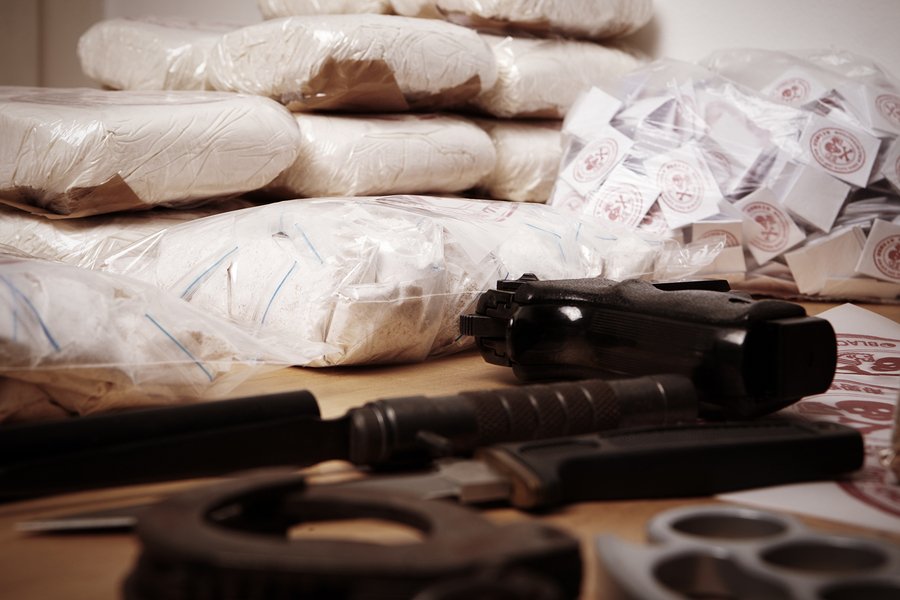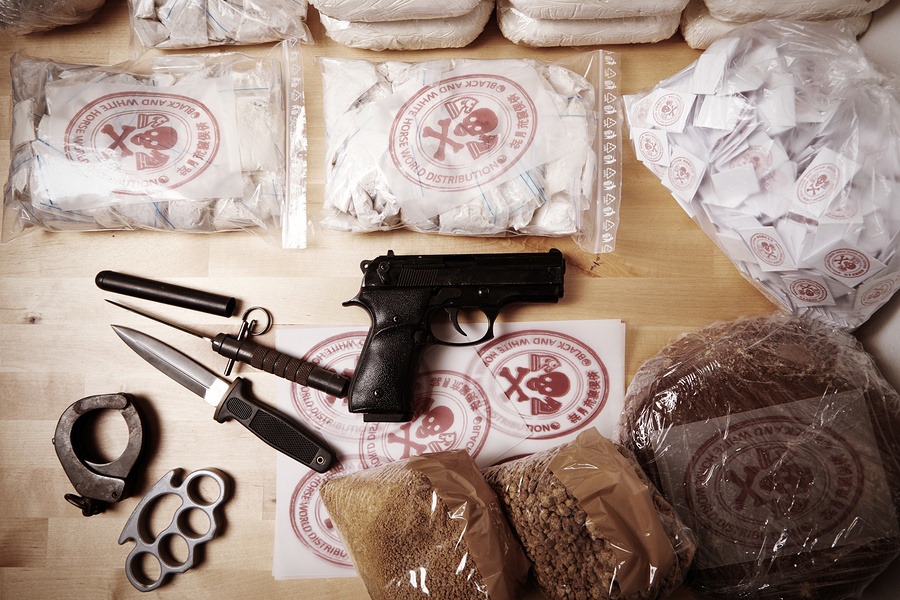Possession of a particular item or type of contraband is probably a familiar charge to most people. Possession charges under New Jersey law can involve an array of circumstances and accusations. Furthermore, penalties can vary widely based on the alleged substance or item of contraband that is possessed by the individual. Possession charges in New Jersey can, however, lead to serious criminal charges that carry substantial time in state prison. Thus, it is important to understand what police officers and state prosecutors mean by “possession.”
While this post is not and cannot serve as legal advice, the dedicated criminal defense attorneys of the Law Offices of John J. Zarych are committed to educating the public regarding important legal issues and topics. If you have been accused of possession or are facing other criminal charges our lawyers may be able to represent you. To schedule a free and confidential consultation, call us at (609) 616-4956 today or contact us online.
When Is Possession Relevant to Criminal Charges?
Possession charges are largely relevant to criminal charges and criminal consequences in two main circumstances. First, is possession of controlled dangerous substances or drugs. Possession of controlled dangerous substances can involve scheduled drugs or the possession of non-scheduled prescription drugs without authorization. Possession of controlled substances typically involves the possession of:
- Marijuana
- Cocaine
- Heroin
- Fentanyl
- LSD
- “Magic Mushrooms”
- Adderall
- Ritalin
- Oxycodone
One other context where possession charges are possible to include the possession of an unlicensed or unlawful weapon. Charges of this type may involve possessing a gun without first obtaining a permit. Furthermore, certain weapons are simply illegal to possess in the state of New Jersey. For instance, it is illegal to knowingly possess a silencer, a sawed-off shotgun, a defaced firearm, and other weapons in New Jersey.

What is Possession Under NJ Law?
To possess an item under New Jersey law, a person must intend to possess the item and have knowledge regarding the fact that he or she possesses it and of the character of the item. Thus, to be legally held to possess an item, the State must prove that a person has acted knowingly to possess, procure, or receive a certain item and that she or she is aware of his or her control of the item. To show that the individual possessed the item knowingly, a New Jersey prosecutor does not need to show certainty, but rather he or she can prove beyond a reasonable shadow of a doubt that the surrounding facts and circumstances give rise to a high probability or practical certainty of awareness. It is also important to note that possession can be actual or constructive.
What Are the Differences Between Actual Possession and Constructive Possession Under New Jersey Law?
Under New Jersey law, actual possession occurs when a person is physically in possession of the contraband. This means that he or she is aware of what the item is and furthermore that he or she knows that the item is on his or her person. By contrast, constructive possession occurs when the contraband is not on the person of the accused. However, the individual can exercise constructive possession over the contraband when he or she is aware that the item is present and the individual has the ability and intention to exercise control over the item.
To illustrate the difference between these concepts, first, consider a person with illegal drugs in their pocket. They just purchased the contraband with the knowledge that what they possessed was a controlled dangerous substance. This is the textbook definition of actual possession. Now, imagine that the person was to go home and place the same substance into a lockbox that only they have control over. This would constitute constructive possession of the same substance when the individual has knowledge of the nature of the substance.
One other item of note regarding possession is that possession can also be sole or joint. This means that if a single person has actual or constructive possession over illegal drugs, weapons, or other contraband then possession is sole. However, if two or more individuals can exercise actual or constructive possession over contraband, then the possession is joint in nature. All individuals who jointly possess contraband can face criminal charges and consequences.

Work With an Experienced Atlantic City Criminal Defense Attorney
Founding attorney John J. Zarych has fought to protect New Jerseyans from possession charges for more than 35 years. Mr. Zarych and all of the attorneys at the Law Firm of John J. Zarych can fight to protect your rights and freedoms when you face criminal possession charges. To schedule a free and confidential consultation call (609) 616-4956 today.







